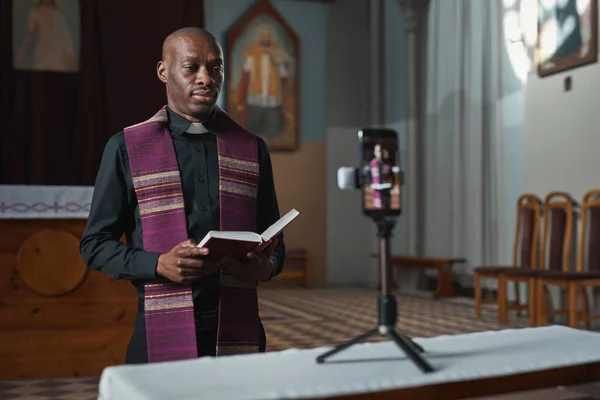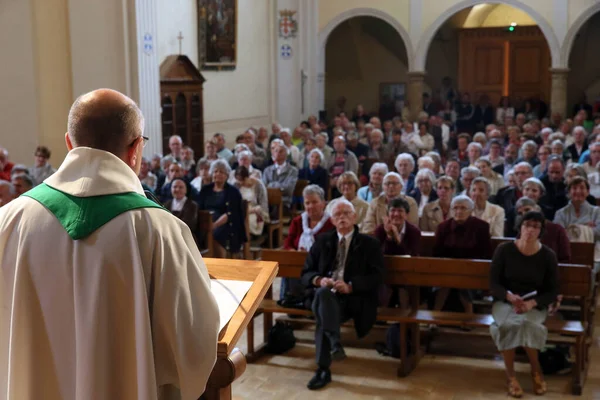
When “evangelical” increasingly becomes a political label rather than a theological calling, the heart of a movement is lost. The 2025 State of Theology Report makes that clear: doctrinal uncertainty isn’t a trend it’s a crisis.

1. Political Label Supplanting Faith
Virginia pastor Joe Carter called the survey results a “doctrinal disaster” and said unorthodox teachings have become the new mainstream among evangelicals. By far the majority of the respondents appear more bound to cultural and political loyalties than to biblical beliefs. And as Carter was able to demonstrate, “moralistic therapeutic deism masquerading as Christian doctrine” truncates the gospel in feeling rather than salvation through God. Historical studies discover this politicization has historic roots, running from the Moral Majority to the current point, but the report cautions that its cost theologically is escalating.

2. The Emergence of Media-Shaped Belief
The report identifies that if evangelicals are receiving more of their spiritual formation from the internet, cable news, and talk radio than from the local church, to slip into heresy is “all but inevitable.” Pew research indicates that religious “nones” have grown by nearly 30 million adults over the last decade and regular church attendance is decreasing. The shift of influence erodes the authority of Scripture in daily life.

3. Doctrinal Disarray over Fundamental Beliefs
53% of evangelicals affirm “most people are good by nature,” and almost half affirm “God accepts the worship of all religions.” These are not on the fringe they undermine Christian orthodoxy. As Dr. R.C. Sproul cautioned, “Poor theology no matter how sincerely held can lead to confusion, compromise, and even spiritual harm.”

4. Historical Changes and Their Consequences
From Augustine’s catechetical sermons to the Reformers’ creeds, the church in the past protected the “faith once delivered” through systematic teaching. The abandonment of catechesis over the last few decades left many churches vulnerable to individual interpretations of the Bible. Historian Bryan C. Hollon says that without catechesis, “the Church of God will never be preserved.”

5. Restoring Biblical Literacy
Carter encourages leaders to prioritize catechetical teaching, to enforce membership requirements, and to not “dumb down” theological information. Practical formulas such as the Apostles’ Creed, the Lord’s Prayer, and the Ten Commandments have grounded believers for centuries. Contemporary resources such as The Gospel Project or Explore the Bible can assist churches in constructing an unbalanced scope and sequence that encompasses all of God’s Word.

6. Discipleship Strategies That Work
Creative strategies are able to bring people back to Scripture. Accountability partnerships, competitive-type bible challenges based on Scripture, and scripture memory programs such as those discussed on the Church Revitalization Podcast provide tangible means of confronting biblical illiteracy. These designs create community on the Word and assist believers in applying truth for everyday living.

7. Generational Gaps in Belief
Pew’s Religious Landscape Study unearths stark contrasts: only 46% of adults aged 18–24 call themselves Christian, compared to 80% of those above the age of 74. Younger generations are not as likely to pray daily and attend church monthly, yet remain spiritually curious. Intergenerational discipleship can fill in this gap, bringing together mature believers and younger members together to model life shaped by Scripture.

8. The Call to Shepherd Toward Orthodoxy
Pastors must decide: lead sheep to “biblical orthodoxy” or preside over the decline of Christianity in America. It’s about not wanting to convert church into social club or political action committee and to its calling from Scripture to stand up for the gospel, equip the saints, and apply doctrine to life.

9. Overcoming Hope in Intentional Action
In spite of sobering statistics, there is hope. Bible users who use regular trusted teaching materials have more theological clarity, Ligonier discovered. Almost two-thirds of non-Bible users claim to be interested in Jesus. Intentional leadership, designed teaching, and a renewed emphasis on traditional discipleship habits can cause the gospel “survive in recognizable form among those who claim to champion it most ardently.”


